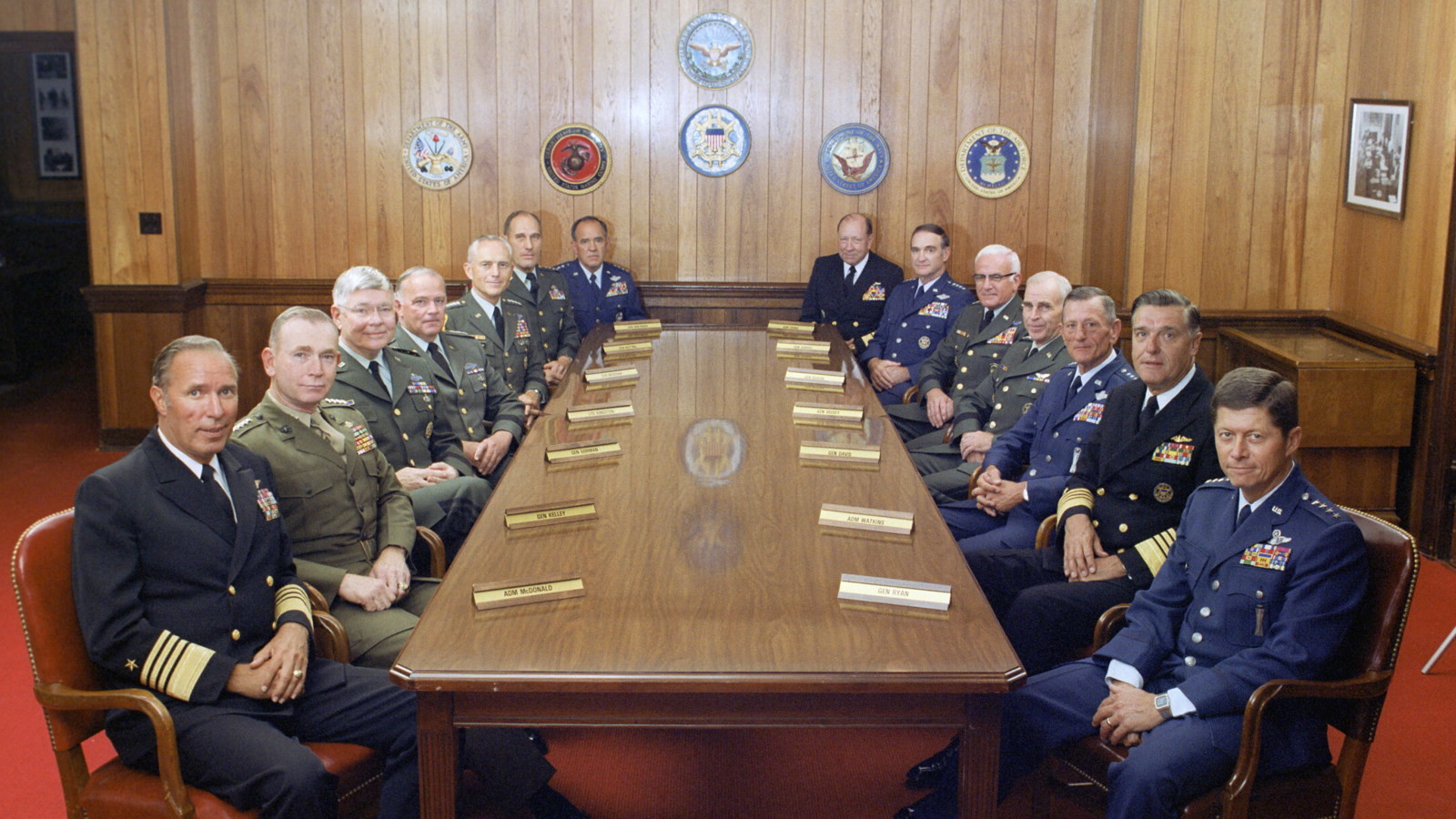NYFF: Michael Moore's Where to Invade Next
 Monday, October 5, 2015 at 9:00AM
Monday, October 5, 2015 at 9:00AM
Manuel here reporting from the New York Film Festival, where Michael Moore’s latest documentary had its first American screening after a bow at TIFF last month.
Moore’s Where to Invade Next is born out of the same sense of anger and despair that characterizes his earlier docs, but as he noted himself in yesterday’s press conference, he found a way to funnel that anger in a more productive way. Indeed, while the opening images (which juxtapose anti-terrorism presidential sound-bites with horrific national images from Ferguson and Sandy Hook) feel driven by an unwavering anger at the current state of US affairs, what follows is a rather optimistic portrait of the potential for change, presented, of course, with the irreverent wit that Moore epitomizes.

Tasked with “invading” countries by himself, Moore visits various European countries in hopes of, as he says, being able to “pick the flowers, not the weeds”: finding, that is, the best ideas about public policy that are thriving in other countries in hopes to steal them, bring them back to America, and watch them be implemented. The entire premise was a way, Moore explained, to make a documentary about the United States without shooting a single frame in the United States. Every hot button issue you can think of, from police brutality to women’s reproductive health, from the industrial prison complex to school lunches, from labor regulations to women’s equality, is tackled head on from the outside in. He travels to Italy to learn about their paid vacation policy (8 weeks!). He travels to Norway to visit their maximum security prison (where inmates carry the keys to their cells which come equipped with TVs, and who can use the state of the art recording studio or the expansive library at their leisure). He travels to Tunisia (an Islamic state, let’s remember) to visit their women’s health centers where abortions have been legal since the 1970s and learn how riots by women toppled a conservative government that hoped to repeal those female rights and protections. And so on, and so forth, talking to school cafeteria chefs, factory workers, multinational CEOs, and policemen, from Portugal, Iceland, France, Germany and Norway.

“I am American. I live in a great country, built on genocide and grown on the backs of slaves.” - Moore, candidly summing up what he sees so few jingoistic Americans acknowledging.
Each “idea” he hopes to take back after his invasion is at its core, both impossibly simple and also similarly absurd: five months paid maternity leave? sex-ed that isn’t based on abstinence? school lunches that value health over pizza and fries? teachers who value their students’ happiness over standardized tests? a prison where guards carry no guns and inmates have access to kitchen knives? a policy that decriminalizes drug possession? But the ultimate message is utopian in its simplicity: every one of these “flowers” he picked began with small gestures that, like the hammers and chisels that led to the physical dismantling of the Berlin Wall (which Moore witnessed first-hand in 1989 and which alongside the Mandela election helped cement his idea that things can change seemingly overnight), can make all the difference. They also continually hint at words and values that seldom find themselves in American political rhetoric: happiness, curiosity, community, human dignity. That the film ends in a powerful call for women’s equality, suggesting in no uncertain terms that having women in power is a necessary part of political and cultural progress, is perhaps the film’s most surprising element. (Do stay through the end of the credits to find Moore riffing beautifully off of Marvel’s most emulated trademark: the post-credits sequence).
How you feel about the film and its message will no doubt depend on your own political affiliations. Even as the audience at my screening clapped rapturously as the credits rolled, suggesting perhaps Moore was merely preaching to a converted choir that could wave away the tricky logistics that would make these ideas hard to implement wholesale in these shores, I could pick out snippets of dialogue that suggested this choir was a tad more cynical than Moore anticipated: “I mean, it’s so reductive, really.” “Well, but none of that will work here.” “I wish it were that easy!” Where to Invade Next is, in that, classic Moore: a conversation starter that will be greeted with equal number of wolf-whistles as exasperated sighs.
Check out the teaser for it below:




Reader Comments (5)
I know Moore is not very popular here at TFE, but I will be there the first weekend this opens in my city. Roger and Me was one of those movies that I watched over and over in high school. I never saw anything like it before and it was so funny at a time when liberals were accused of being humorless.
@Suzanne
I thought everyone here leaned left. Why would they dislike Moore except for his Palm D'or win?
@3rtful ; I think the dislike comes from a mix of pandering, repetition and manipulation. It's like Sorkin, I agree with most of what The Newsroom said, but hated how it said it.
/3rtful - As I understand it, it's because he influenced so many documentary filmmakers (like Morgan Spurlock, and a lot worse) to become the focal point of their films. But Scorsese, Woody Allen, the Andersons, etc. have influenced a lot of bad filmmakers, too.
I enjoyed the movie highly-- it plays like some of the best John Oliver or The Daily Show segments. It's funny, it makes a legitimate political point, and it moves on to the next joke. I wouldn't consider the movie particularly nuanced and it doesn't do a great job of suggesting how any of these changes could be implemented in the US, but it was a fun sit providing some food for thought.